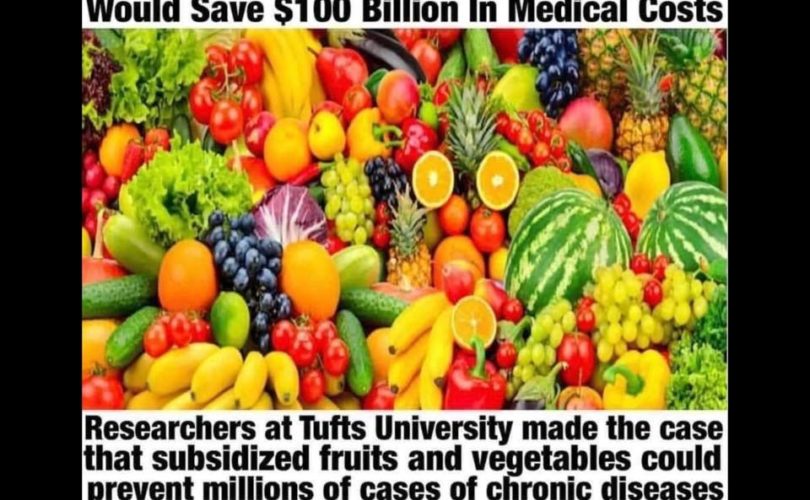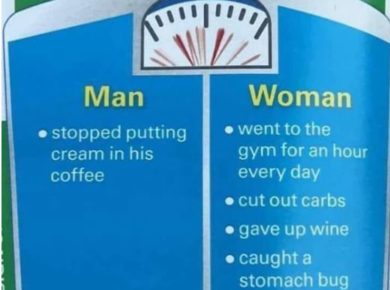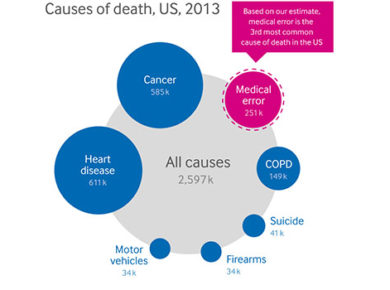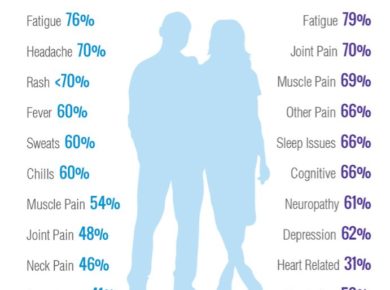A systematic review and meta-analysis of nine prospective observational studies, including more than 300,000 participants and more than 23,000 cases of type 2 diabetes (T2D), developed a clear association between plant-based dietary patterns and the risk of T2D in adults.
A study published by Harvard researchers support this claim:
“Association Between Plant-Based Dietary Patterns and Risk of Type 2 Diabetes: A Systematic Review and Meta-analysis”.
A meta-analysis is a statistical analysis that combines the results of multiple scientific studies. In other words, the authors of this investigation analyzed the data of studies looking at the intake of vegetables vs risk of having type 2 diabetes.
As we can see, lots of participants were involved in this!
Researchers found that the greater the adherence to plant-based dietary patterns, the lower the risk of type 2 diabetes.
Plant-based diets are often associated with addressing current cases or reducing the risk of future cases of chronic conditions like type 2 diabetes, heart disease, and cancer.
This connection is largely due to the high concentration of vitamins and minerals, fiber, phenolic compounds, and unsaturated fatty acids found in fruits, vegetables, legumes, and nuts.
These high concentrations are linked to health benefits through improving insulin sensitivity, maintaining healthy blood pressure and body weight, and keeping a healthy balance of inflammation.
While plant-based diets may sometimes exclude potentially beneficial animal-based products like yogurt and fish, which are often associated with reduced risk of cardiometabolic conditions, plant-based diets also may exclude processed meats and processed foods.
These foods are often linked to increased risk of T2D. However, plant-based diets may also include foods like refined grains, starches, and sugars that, processed meats, are linked to a higher risk of T2D.
That being said, the study found that when plant-based diets were defined more specifically as dense with fruits, vegetables, whole grains, legumes, and nuts, the connection to a reduced risk of T2D was much stronger.
This is a very important point here. This is just an association. People who eat more plant-based foods have a lower risk of diabetes. But we do not know why, we do not the reason of it. This study does not answer this question at all.
Do people who eat more plant-based eat less processed foods as well? Less processed meats? Exercise more? Drink less alcohol? Smoke less? Sleep better? Take less medications? Have less stress? Eat more organic foods? Takes supplements? Among other questions.
The interesting thing is that we can achieve the same results by following a high fat, low carb, low protein diet.
I have done it several times with people 😊
We can reverse type 2 diabetes with a high fat diet!
I believe the real reasons that we can fix diabetes using either a plant-based diet or a high-fat diet, is that in both diets we avoid processed foods, sugar, vegetable oils, foods that are not fresh, foods that are not foods!
This is what I recommend people to do: your diet should be all fresh, whole foods, no processed foods. That is the key to optimum health! 😊
One major mistake that I see regularly with people doing the keto diet is that eliminate all fruits (of course because of the sugar) and vegetables as well!
I have seen people eating no vegetables at all! This is not right!
You need to feed your gut microbes. And the best way to do so is to eat fibers from vegetables!
I am not opposed to keto, but you need to major sure to eat your fibers.
Some evidence suggests that if you do the keto diet without taking care of your gut microbes, you could end up with some health issues.
Several people have issues with vegetables, especially people with GI issues like IBS, colitis, or Crohn’s disease.
That is why people would avoid the FODMAP foods, nightshades, high-lectin foods, sulfur foods, and so on.
On the other side, there are no antinutrients in fats and animal proteins. That is why eating a high-fat diet helps those conditions because they avoid foods that irritate the gut.
Yes, we need our fruits and vegetables, but your diet needs to be customized based on your current health issues.
God bless y’all 🙂
Dr. Serge
#thenutritionscientist







